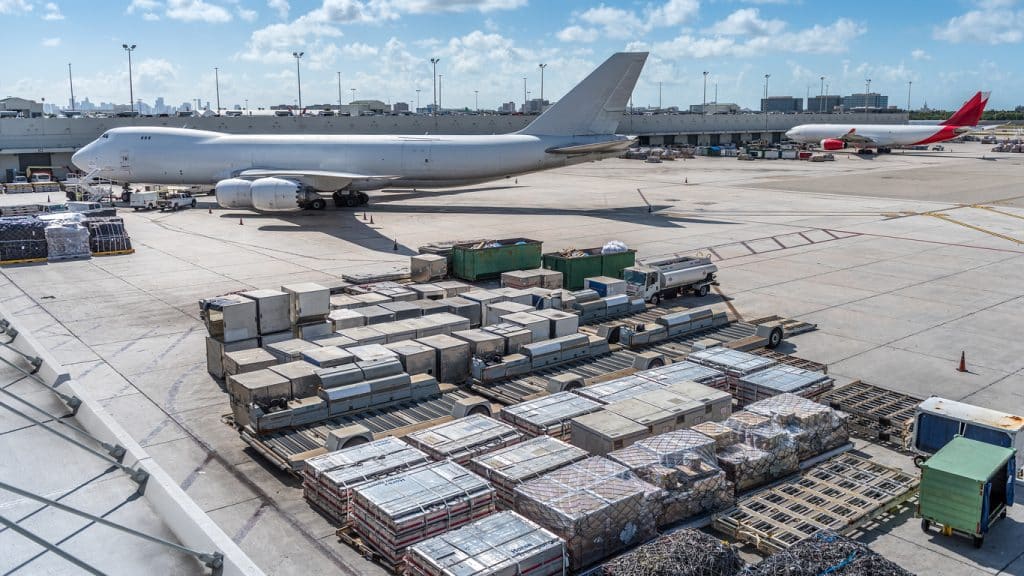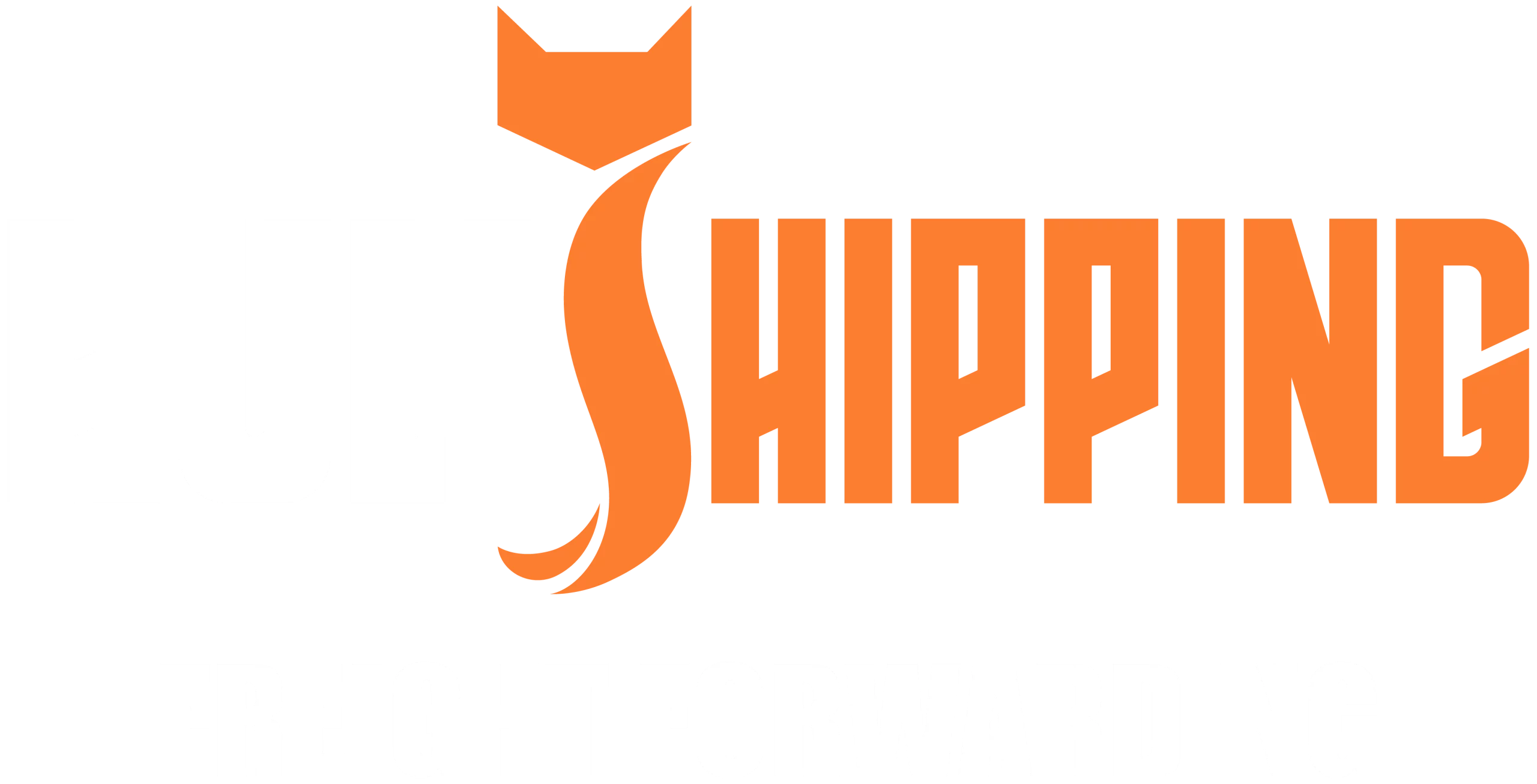Freight Fowarding Calgary: Air vs. Sea
When it comes to international shipping, businesses have two primary options: air freight and sea freight. These two methods of freight forwarding in Calgary offer distinct advantages and considerations depending on the nature of the goods, budget, urgency, and destination. Understanding the differences between air freight and sea freight is crucial for making informed decisions about shipping strategies. By carefully evaluating factors such as speed, cost, cargo volume, reliability, and environmental impact, businesses can determine which option best aligns with their specific needs and objectives.
Discover more about the difference between air and sea freight services and which option will prove best in terms of speed, reliability and more!
- Speed and Transit Time
One of the most significant differences between air freight and sea freight is the speed of delivery. Air freight is considerably faster than sea freight, making it the preferred choice for time-sensitive shipments. Air shipments can typically reach their destination within a matter of days, whereas sea freight can take weeks or even months. If you need to get your goods to their destination quickly, air freight is the ideal option.
- Cost Considerations
Cost is a critical factor in determining the best shipping method for your business. Generally, sea freight is more cost-effective than air freight, especially for larger and heavier shipments. Sea freight offers economies of scale, as shipping companies can accommodate larger volumes of cargo in a single vessel. On the other hand, air freight costs can be significantly higher due to factors such as fuel prices, handling fees, and security measures. If cost is a significant concern and you have a flexible delivery timeline, sea freight may be the more economical choice.
- Cargo Volume and Weight
The volume and weight of your cargo are essential considerations when choosing between air freight and sea freight. Air freight is suitable for smaller and lighter shipments, as airlines have limitations on the size and weight of cargo they can transport. If your goods are bulky, heavy, or require specialized handling, sea freight is a better option. Sea freight allows for the transportation of large volumes of cargo in shipping containers, making it ideal for businesses with substantial shipping needs.
- Reliability and Security
Reliability and security are crucial factors to consider when shipping your goods. Air freight is generally considered to be more reliable and secure compared to sea freight. Airline schedules are typically more predictable, and air cargo is subject to stringent security measures. On the other hand, sea freight is more susceptible to delays due to factors such as weather conditions, port congestion, or customs procedures. However, advancements in container tracking and security measures have improved the reliability and security of sea freight in recent years.
- Environmental Impact
Sustainability and environmental concerns are becoming increasingly important for businesses. Air freight is known to have a higher carbon footprint compared to sea freight. Airplanes consume significant amounts of fuel, contributing to greenhouse gas emissions. In contrast, sea freight is considered a more environmentally friendly option due to the large carrying capacity of cargo vessels and the lower fuel consumption per unit of cargo. If your business prioritizes sustainability, sea freight may align better with your environmental goals.

Conclusion
Choosing between air freight and sea freight depends on several factors, including speed, cost, cargo volume, reliability, and environmental impact. Air freight is faster but more expensive, suitable for time-sensitive shipments. Sea freight is more cost-effective and ideal for larger volumes of cargo but has longer transit times. Consider the specific requirements of your business and the nature of your shipments to determine the most suitable option pertaining to all things freight forwarding in Calgary. In some cases, a combination of both air and sea freight, known as intermodal transportation, the best solution might be to optimize cost, speed, and efficiency.
Huli Freight Forwarding is your most reliable Canadian freight forwarder that works tirelessly to ship pallets and shipping containers around the country. No other freight companies in Canada remain as steadfast, innovative, and lucrative as Huli Freight Forwarding as we meticulously coordinate the shipments of pallets to and from Canada. Huli prides itself on its formidable freight forwarding services that are always on time as we offer transparent and perpetual communication and viable solutions to any problems our customers have. Here at Huli, we strive to become the most dependable and attested freight broker in Canada, delivering pallets with certainty while solving any obstruction or issue with efficiency and swiftness.
